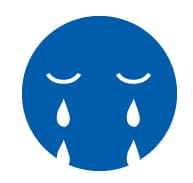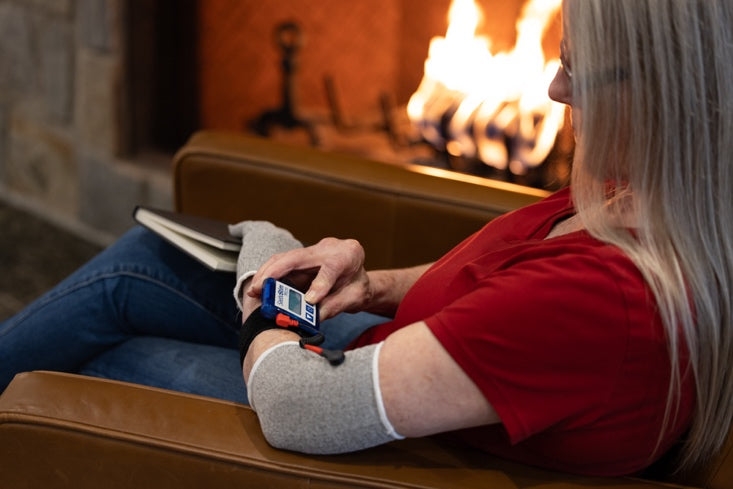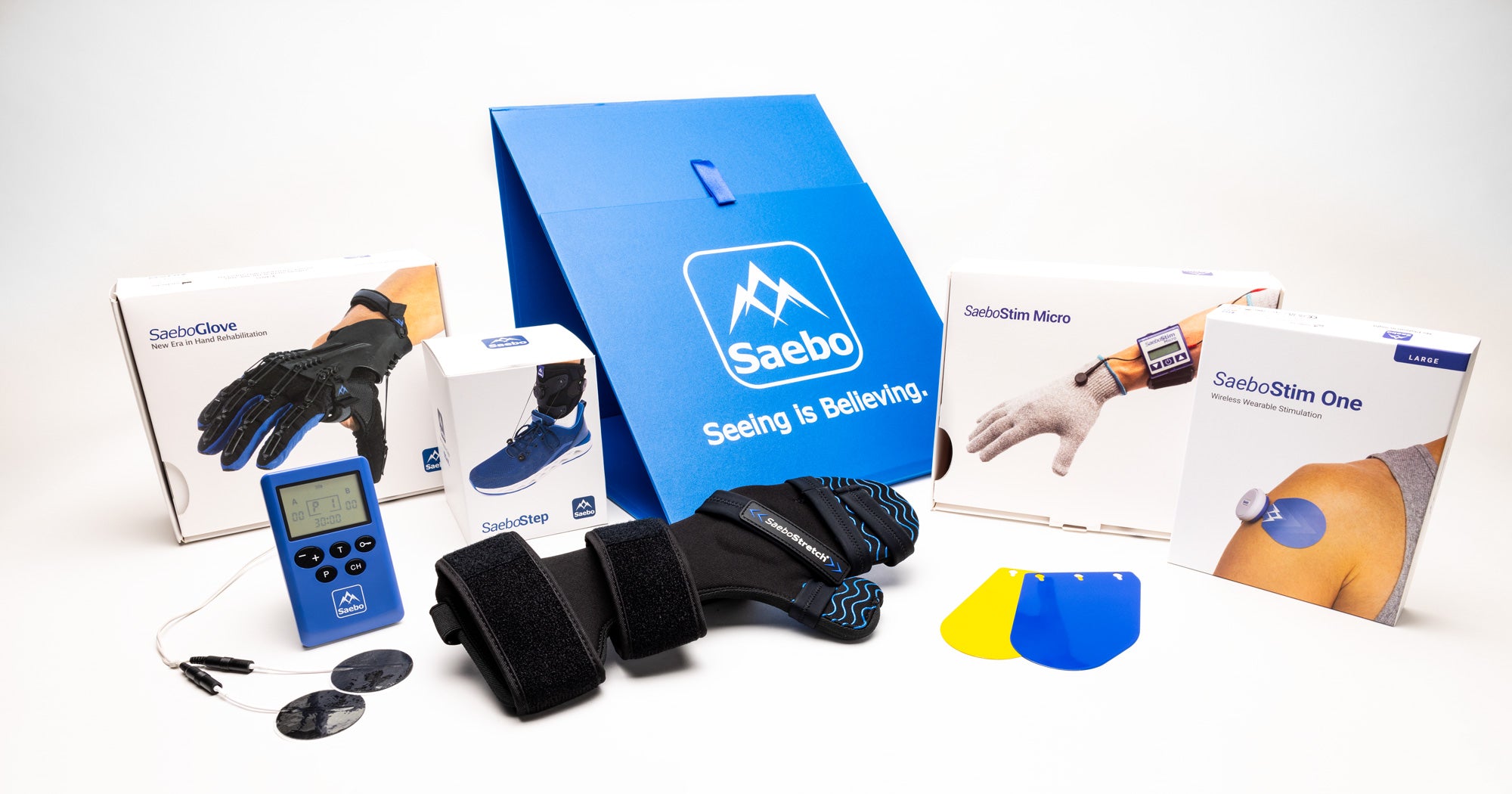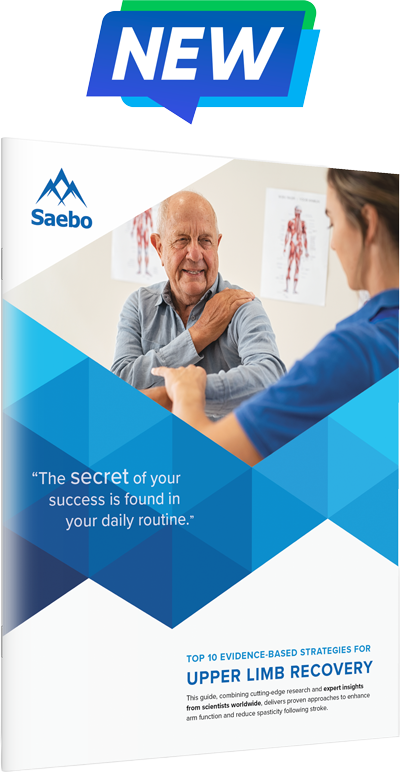Coping With Emotional Changes After Stroke

As a stroke survivor, you can face major life changes. In the aftermath of a stroke, you may experience a sense of loss that is rooted in the feeling that you’ve lost the life you had before your stroke, or your independence. These strong emotional reactions take a toll.
It is normal to experience emotions ranging from frustration, anxiety, and depression to a sense of grief, or even guilt, anger, and denial after such a monumental change. Realizing that these emotions are normal, and that you are not alone in experiencing them, is an important step to acknowledging and coping with them in a healthy way. By doing this, you avoid becoming overwhelmed, thus avoiding further difficulties during your recovery.
Reasons for Emotional Changes After a Stroke

A stroke causes physical damage to your brain. Feeling or behaving differently after a stroke may be connected to the area of your brain that was damaged. If the area of your brain that controls personality or emotion is affected, you may be susceptible to changes in your emotional response or everyday behavior. Strokes may also cause emotional distress due to the suddenness of their occurrence. As with any traumatic life experience, it may take time for you to accept and adapt to the emotional trauma of having experienced a stroke.
Emotional Changes a Stroke Might Cause

Sometimes referred to as “reflex crying,” “emotional lability,” or “labile mood,” Pseudobulbar Affect (PBA) is a symptom of damage to the area of the brain that controls expression of emotions. Characteristics of the disorder include rapid changes in mood, such as suddenly bursting into tears and stopping just as suddenly, or even beginning to laugh at inappropriate times.
Depression

If you are feeling sad, hopeless, or helpless after having suffered a stroke, you may be experiencing depression. Other symptoms of depression may include irritability or changes to your eating and sleeping habits. Talk to your doctor if you are experiencing any of these symptoms, as it may be necessary to treat with prescription antidepressants or therapy to avoid it becoming a road block to your recovery.
Anxiety

Anxiety is quite common after a stroke. You may have feelings of uneasiness or fears about your health; this is normal and healthy. However, if your anxiety does not subside in time and you feel overwhelmed, you may be dealing with an anxiety disorder, which requires help from your doctor or a mental health professional.
Medical staff will perform an informal evaluation to check for anxiety while you are in the hospital. Often, this involves a quick discussion with hospital staff, during which they will ask you if you have any worries or fears about your health. This evaluation may also involve hospital staff asking your family members if they have noticed a change in your mood or behavior. It is important that you are kept in the loop about any issues that may present themselves, and that you are provided with as much information about your health and treatment options as possible.
Symptoms of anxiety to watch for may include irritability or trouble concentrating. You may also experience trouble sleeping due to your mind racing about your health. Sometimes, you can become tired easily, even if well rested.
Physical symptoms may also present themselves. These symptoms include a racing heart and restlessness and are often coupled with a sense of overwhelming worry or dread. If you find yourself avoiding your normal activities, such as grocery shopping, visiting friends, going for walks, or spending a large portion of your day dwelling on things you are worried about, you may have an anxiety disorder. Your doctor can recommend that you visit a psychologist to help cope with and eventually overcome anxiety.
Other Emotional Reactions
You may experience a range of other emotional reactions after a stroke, including anger and frustration. Additional symptoms may be a sense of apathy or a lack of motivation to accomplish things you typically enjoy.Coping With Changing Emotions

There are many ways to treat the emotional changes associated with a stroke. The first step is discussing how you feel, as well as any concerns you may have about your health with your doctor. One treatment option is counseling, which involves speaking about your distressing thoughts and feelings with a mental health professional or therapist. Simply talking about the way you are feeling can be helpful when coping with overwhelming emotions after experiencing a traumatic event such as a stroke.
Your doctor may also prescribe antidepressants or anti-anxiety medication to help you deal with the emotions involved with a stroke. While they are not a cure-all for emotional troubles, antidepressants change the levels of certain chemicals in your brain, alleviating the symptoms of depression and anxiety, lifting your mood, and making life feel more bearable while you’re recovering. It is important to stay in contact with your doctor if you decide to take medication, as it will not be effective for everyone and may have unpleasant side effects.
Seek Support or Professional Advice
A stroke can come on suddenly and have a monumental effect on your life. For this reason, it is common for many patients to struggle with emotional side effects following a stroke. You may suffer damage to the section of your brain that affects emotions, causing a change in personality or emotional expression known as Pseudobulbar Affect. You may also experience symptoms of anxiety or depression, along with feelings of anger, frustration, or uncharacteristic apathy.
It is important to discuss your emotional concerns with your doctor. You may need a prescription for antidepressants or anti-anxiety medication, or a recommendation to see a mental health professional who can help you form healthy coping mechanisms.
All content provided on this blog is for informational purposes only and is not intended to be a substitute for professional medical advice, diagnosis, or treatment. Always seek the advice of your physician or other qualified health providers with any questions you may have regarding a medical condition. If you think you may have a medical emergency, call your doctor or 911 immediately. Reliance on any information provided by the Saebo website is solely at your own risk.



